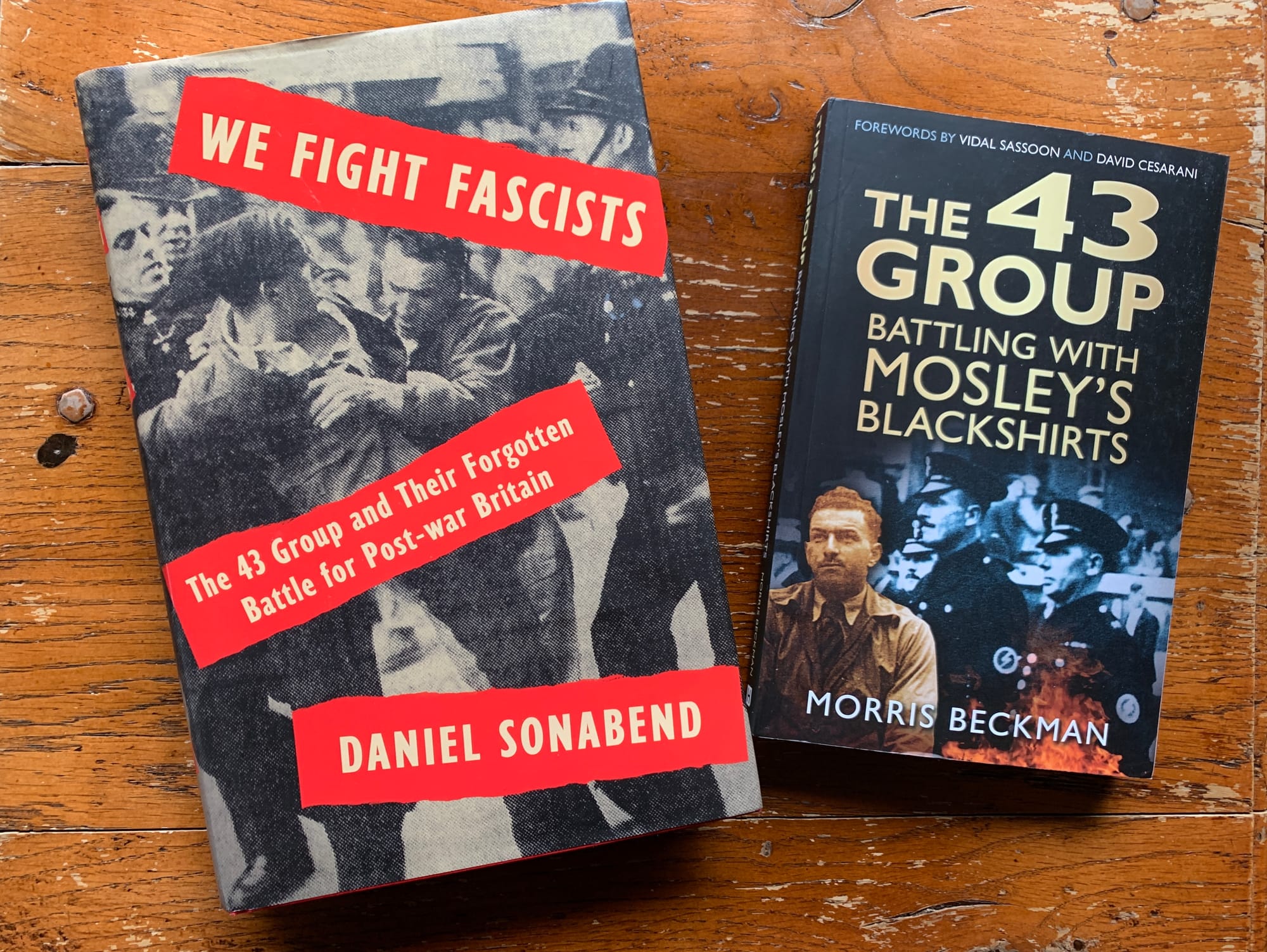
Today, January 27, is International Holocaust Remembrance Day.
And, as author Brad Meltzer wrote on X: "Can't believe we're still fighting Nazis in 2024."
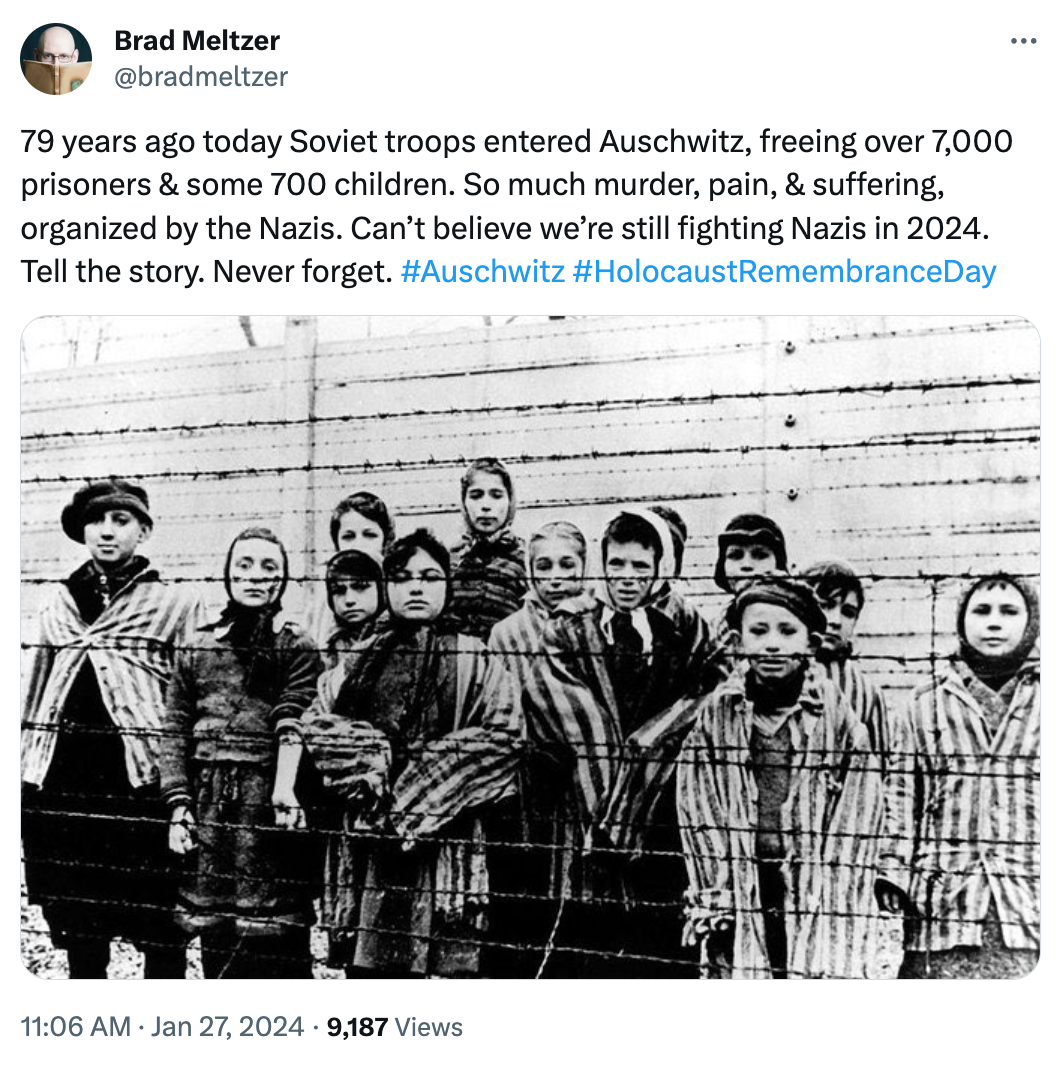
As each year goes by, the number of living Holocaust survivors decreases and, it seems, the number of Holocaust deniers increases.
This year, the challenge of "never forgetting" is butting up against a global tide of animosity at the actions of the current Israeli government in Gaza. The International Court of Justice says it is "plausible" that Israel has committed acts that violate the Genocide Convention and, reports NPR: "In a provisional order delivered by the court's president, Joan Donoghue, the court said Israel must ensure 'with immediate effect' that its forces not commit any of the acts prohibited by the convention."
Outrage against Israel is being amplified globally across social media and, says the Southern Poverty Law Center, it is being accompanied by "a distressing recent surge in antisemitism" that "continues to fuel the far right, unifying otherwise disparate hate groups and ideologies."
As I was surprised to discover recently, pictures from Palestine helped drive a similar surge in antisemitism in the UK shortly after World War II.
Even amid global outrage at the atrocities of the Nazi death camps, fascists hoped to use events in Palestine as a foundation on which to rebuild their political operation.
But, I was pleased to learn, a small group of determined Jews—The 43 Group—took to the streets to fight back and, with brutal efficiency, helped shut down the attempted rebirth of organized fascism in Britain.
"Pictures That Will Shock the World"
In 1947, in the aftermath of World War II, tensions in the region then called Mandatory Palestine were escalating. The British forces who controlled the region were battling a Jewish insurgency.
When the British forces handed out death sentences to three members of Irgun, a Zionist paramilitary organization, Irgun threatened retaliation.
Irgun kidnapped two British sergeants, Clifford Martin and Mervyn Paice, and threatened to hang them if the death sentences against the Irgun members were carried out.
After the British carried out the executions, the Irgun killed sergeants Martin and Paice and hung their bodies in a eucalyptus grove near Netanya.
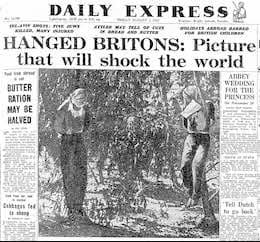
As Daniel Sonabend writes in his book "We Fight Fascists":
On Friday, 1 August the Daily Express published the photograph under the headline 'HANGED BRITONS – Pictures that will shock the world.' It caused an immediate stir in Britain... That evening rioting began in Birkenhead and quickly spread to Liverpool... On Saturday there were sixty-eight reported incidents in Liverpool and on Sunday a further 101, the vast majority targeting Jewish shops and businesses. The rioting also started to catch on in other cities, and there were a number of incidents in Glasgow in Manchester. By Sunday, rioting and violence of broken out in Hull, Brighton and Leicester, with London, Birmingham, Bristol, Cardiff and Newcastle witnessing sporadic incidents. In Manchester and Glasgow the disturbances continued through to the bank holiday, while in Liverpool it took a full week before all the unrest died down.
I didn't know anything about "The Sergeants Affair" or its aftermath until I reached page 145 of Sonabend's book, which I was reading to learn about a The 43 Group and a different, almost forgotten aspect of British postwar history.
As Daniel Trilling wrote in The Guardian in his 2019 review of "We Fight Fascists":
Britain’s home-grown fascists, who had never quite ceased activity during the war, even after scores of them were interned under Defence Regulation 18B in 1940, were quick to rebuild their networks and resume street activity. It wasn’t long before Oswald Mosley, the former leader of the British Union of Fascists, reappeared.... The fascists believed their ideas would fall on fertile ground: Britain suffered crippling shortages, with rationing even harsher than it had been during the war years, while antisemitism remained widespread. Distorted press reports reinforced the stereotype of the Jewish black marketeer, while prejudice against Jews – not overwhelming, but more common, and more openly expressed, than many today would care to remember – was further exacerbated by conflict in Palestine between British Mandate forces and Zionist militants fighting to establish a new state...
All of this was news to me, despite having grown up in London, surrounded by many people who remembered the war, and even more who regaled me with tales of the rationing and hardships that followed. (Sweets and sugars were rationed until 1953! Meat until 1954! In England!)
As Trilling wrote in 2019, "The end of the second world war and its immediate aftermath in Britain is today mythologized – on the left and the right – as a time when the country pulled together amid hardship." But reading Sonabend's book I realized for the first time how strongly—even as the full horrors of the Holocaust began to be reported—the far-right’s antisemitic messaging, coupled with austerity and economic challenges, resonated with a young, angry, disaffected segment of the population.
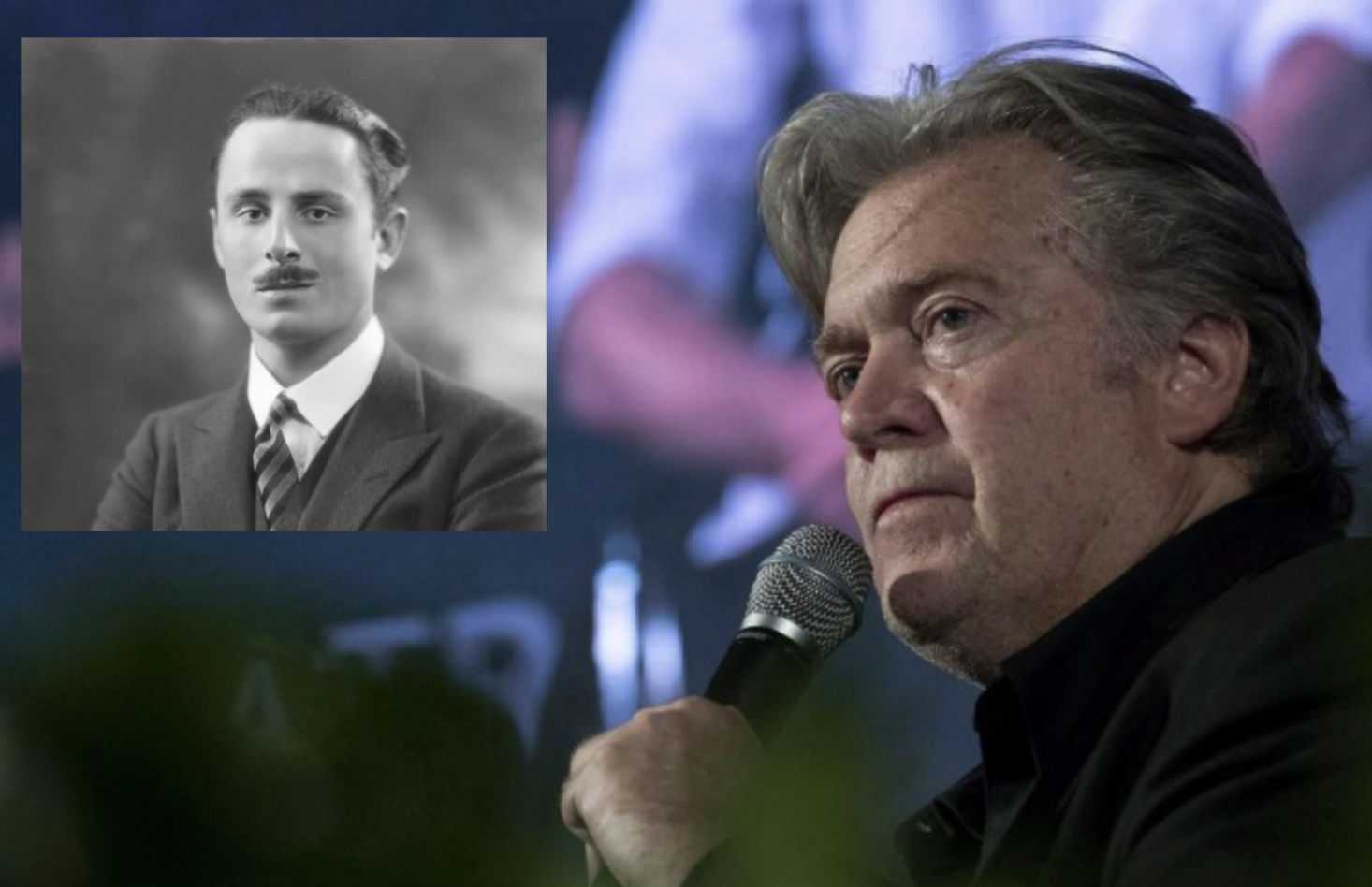
The fact that British fascist leader Oswald Mosley was also a baronet with deep-pocketed fans, including Lord Rothermere, owner of The Daily Mail, also helped the fascist cause greatly. Because as long as there are wealthy elites willing to fund the fascist machinery (without dirtying their own hands), fascists will always be hard to completely defeat.
The 43 Group included many Jewish kids who had been involved in street battles with Mosley and his "Blackshirts" in the 1930s and had gone on to military careers fighting Hitler.
These young men returned from the war tougher and more disciplined than ever.
The generation just below them, those too young to fight in the war, but old enough to understand what Hitler had done in the death camps, were also in no mood to let their own neighborhoods be taken over by fascists.
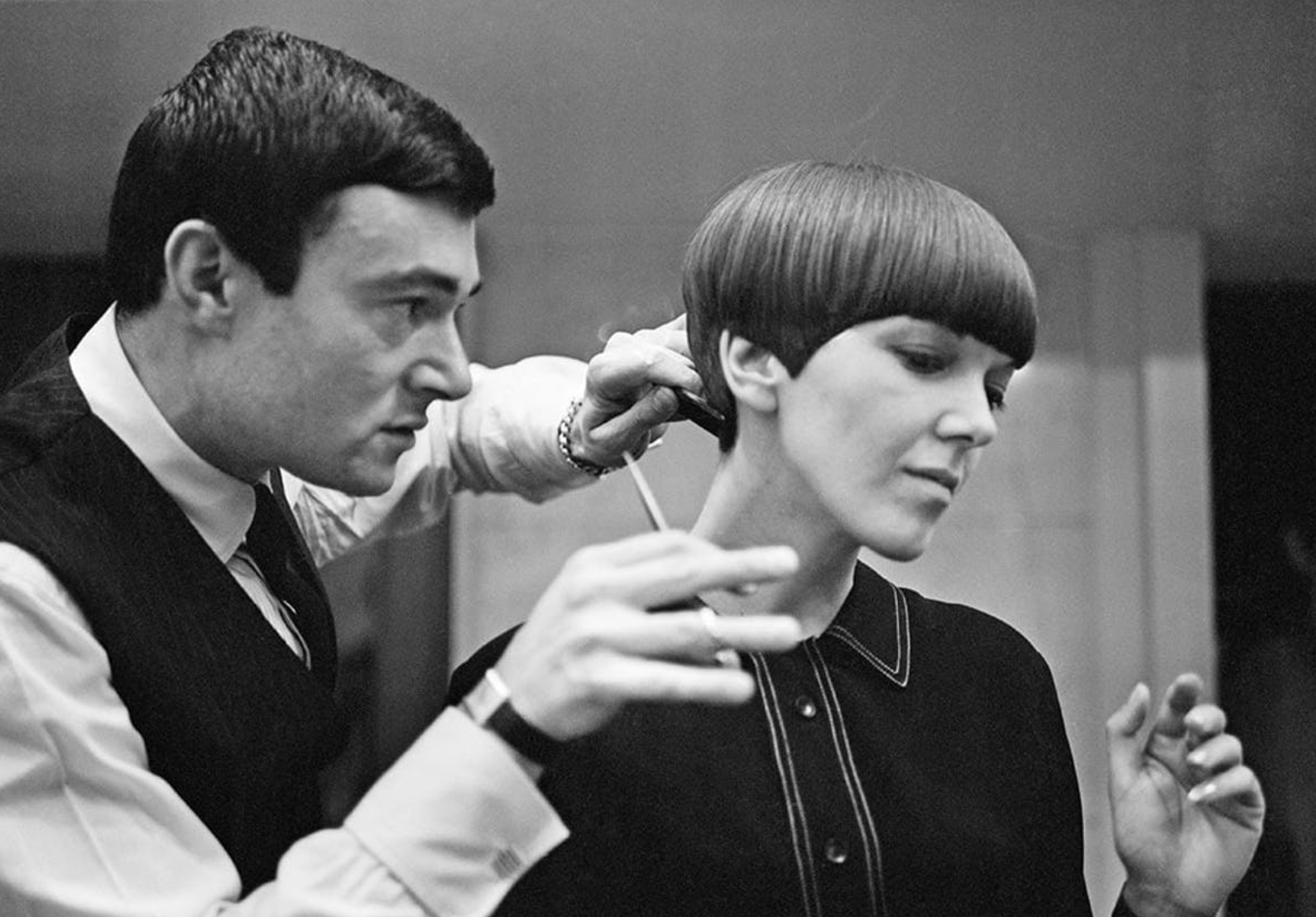
Interestingly, one of these kids, and The 43 Group's youngest member, was the future hairdressing legend Vidal Sassoon, who wrote the foreword to Morris Beckman's book "The 43 Group: Battling With Mosley's Blackshirts."
As Sassoon wrote from Los Angeles in March 1992:
The horror of the images coming from Auschwitz, Dachau, Buchenwald, and seemingly so many other places triggered a sense of survival within the remaining Jewish population of Europe. Hearing of the heroics of Mordecai Anielewicz and his few thousand followers in the Warsaw ghetto nurtured our mood. They were young Jews who fought the Nazis with all the passion of Biblical Davids who died fighting for their dignity. 'Never again!' became a command not a slogan.
The Sergeants Affair of 1947—which occurred just a year after the 1946 founding of The 43 Group—turned out to be just a temporary setback.
For several years, The 43 Group took for the streets to battle the British Nazis, disrupt their operations, and make sure they would ultimately be defeated.
By 1950, organized fascism in Britain had collapsed.
Nearly eight decades later, most of the key members of The 43 Group, like most Holocaust survivors, have passed away.
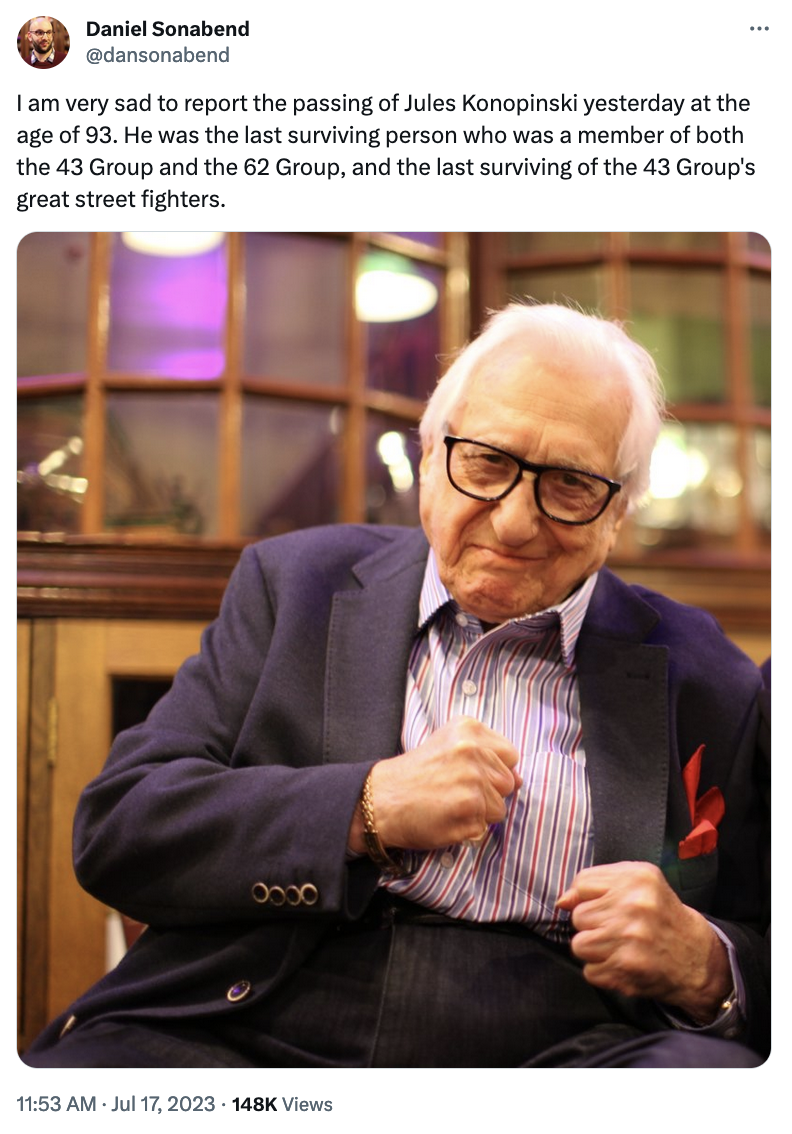
Today, with antisemitism rising around the world, in Britain as well as in the US, it’s more important than ever that the Holocaust be remembered.
It's more important than ever that the fascists be defeated
Holocaust denial is rising—and social media algorithms, antisemitic South-African-born billionaires, and corporate media—aren't helping. The power of AI to manipulate people online is growing rapidly.
Also alarming: The fact that far-right forces in America are attacking education and banning books—including Anne Frank's Diary—that might be the only way today's kids learn about the Holocaust.
We must unite to win the fight
As Trilling writes, Sonabend's book "We Fight Fascists" demonstrates:
The importance of unity in the face of this threat – the 43 Group included communists and conservatives, Zionists and anti-Zionists, men, women, gangsters, businessmen and laborers who were able, if only temporarily, to put their differences aside in pursuit of their goal. We Fight Fascists is a story both inspiring and uncomfortable, and the fundamental questions it raises have yet to disappear from our political landscape.
Nazis are not “fine people.”
They must always be defeated, preferably at the ballot box. But we shouldn't forget those who fought them on the battlefields—and the heroes and hairdressers who defeated them on the streets of Britain.
This newsletter comes to you ad-free and with no paywall. If you haven't already, please sign up now to get future issues delivered free by email... or, if you can, support with a paid annual subscription for just $2/month.
Subscribe to Unprecedented
Subscribe to the newsletter and unlock access to member-only content.